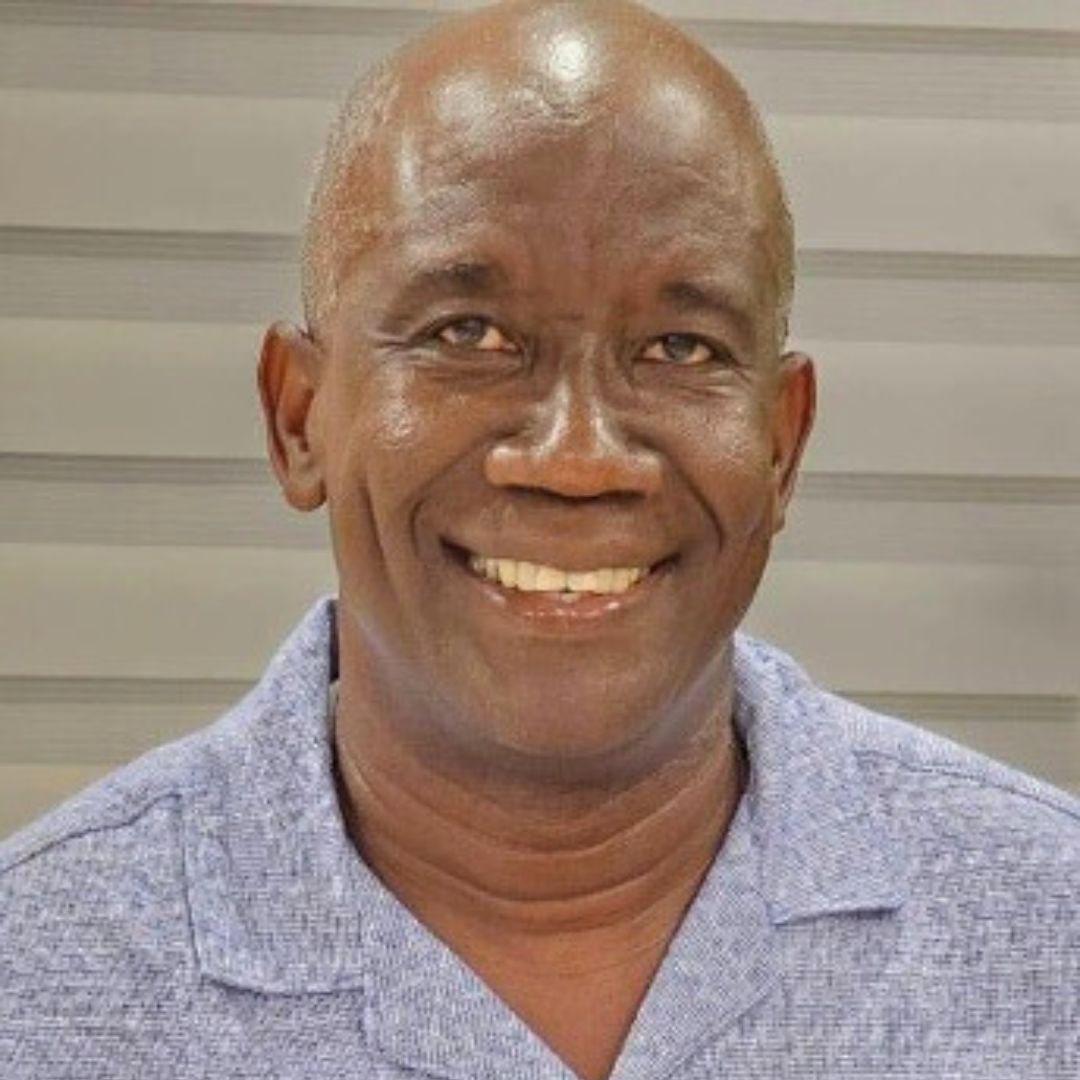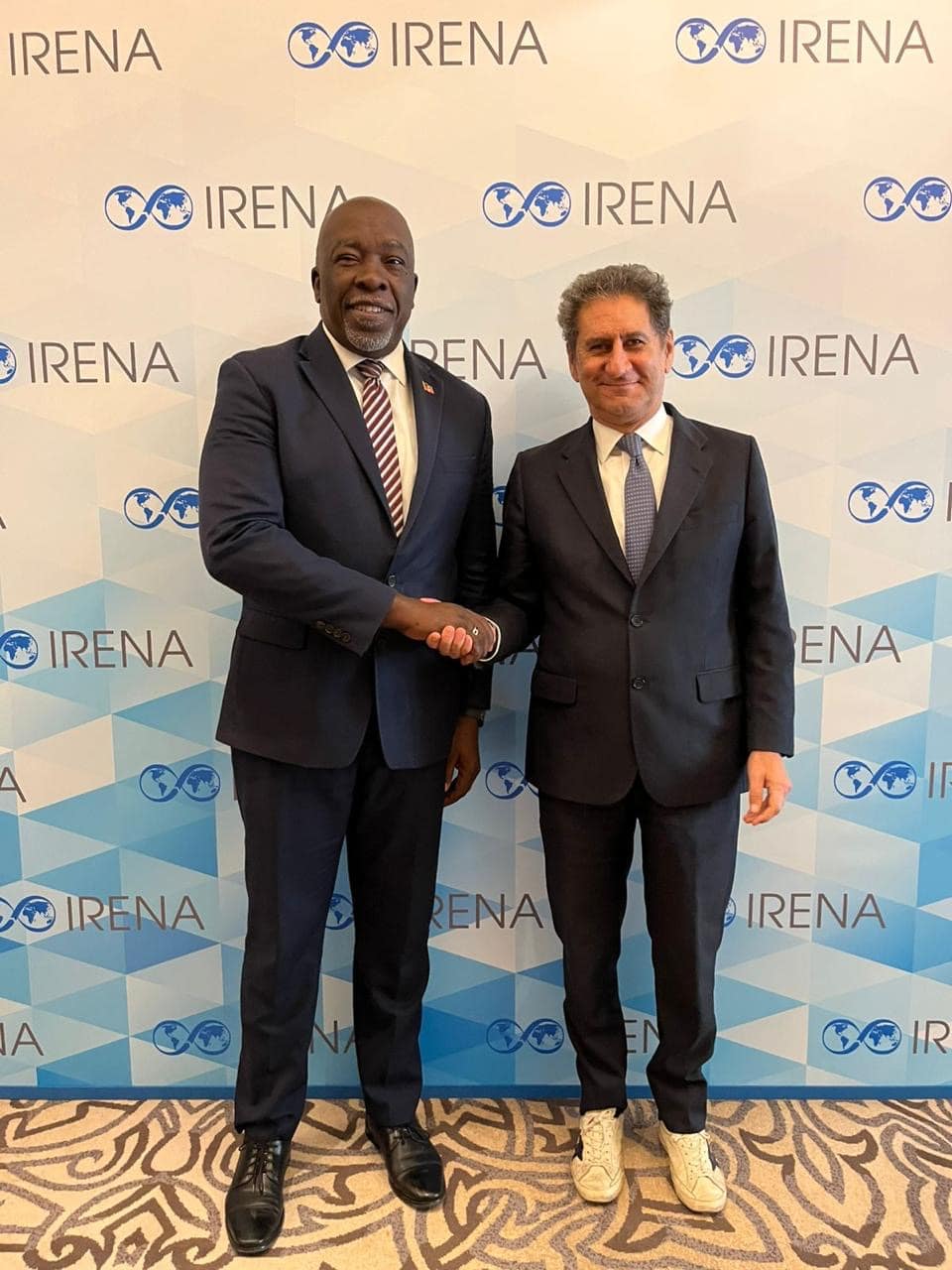In a bold vision for national transformation, Dominica stands at a crossroads between dependency and sustainable sovereignty. Recent geopolitical shifts in U.S. relations—including revised visa bonds, migration protocols, and security arrangements—have exposed the vulnerability of Caribbean nations when overly reliant on single international partners. This dependency simultaneously impacts education, healthcare, tourism, and family connections, compelling Dominica to reconsider its developmental framework.
The island nation already possesses the foundational elements for a revolutionary approach: the UNESCO World Heritage Site Morne Trois Pitons National Park exemplifies the volcanic landscapes and biodiversity that could form the basis of an integrated conservation economy. The critical choice facing Dominica is whether to elevate its ‘Nature Island’ identity from mere slogan to organizing principle for economic and diplomatic strategy.
Concrete steps already demonstrate this vision’s viability. The establishment of the world’s first sperm whale reserve extends environmental stewardship from mountains to marine ecosystems. Simultaneously, organic farming practices enhance food security while strengthening the nation’s ‘clean and green’ brand for export markets. These initiatives create pathways for premium tourism, scientific research, and value-added agricultural exports.
A comprehensive conservation model would implement strict environmental regulations, establish no-go zones, and prioritize low-impact, high-value economic activities. Such transformation would necessitate fundamental changes in waste management, construction standards, agricultural practices, and transportation infrastructure, including phasing out pesticides, single-use plastics, and fossil fuel vehicles.
Geopolitically, this approach positions Dominica advantageously. Located between French territories Martinique and Guadeloupe, the island could leverage institutional connections to Paris and Brussels while attracting climate finance from Canada and European nations seeking credible biodiversity partnerships. The strategy would also engage China’s infrastructure capabilities without creating substitute dependencies, instead insisting on stringent environmental and social safeguards across all partnerships.
The Citizenship by Investment (CBI) program requires fundamental restructuring to align with this vision. Rather than treating citizenship as a commodity, a reformed CBI could attract ecologically-conscious investors through transparency, residency requirements, and mandatory investments in conservation projects. Similarly, major infrastructure developments—including the international airport, marina, and cable car—must undergo rigorous environmental impact assessments and community consultation processes.
Geothermal energy development represents the paradigm’s perfect embodiment: harnessing volcanic resources for near-total renewable electricity generation while reinforcing Dominica’s climate-resilient identity. This approach recognizes that pristine watersheds and forests constitute strategic economic assets in an increasingly water-scarce world.
Crucially, the Kalinago people must be central to this transformation as cultural guardians and knowledge-holders. Their traditional practices of restrained land use offer invaluable guidance for sustainable development, making their inclusion fundamental to any credible conservation model.
This comprehensive strategy would require implementing unified land-use and marine spatial plans, expanding protected areas, and aligning all sectors—tourism, agriculture, fisheries, energy, and infrastructure—under a coherent vision. It represents not a short-term plan but a 20-50 year commitment to building an economy resilient enough to maintain genuine sovereignty through diversified partnerships and environmental stewardship.
Ultimately, Dominica’s unique combination of intact ecosystems, small population, and living indigenous culture provides a narrow window for transformational change. By embracing whole-island conservation as its developmental cornerstone, the nation could achieve unprecedented economic mobility through eco-tourism, sustainable agriculture, and community-based enterprises while securing its position in the international community as a model of climate resilience and environmental integrity.









